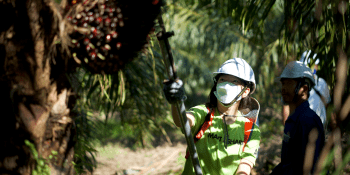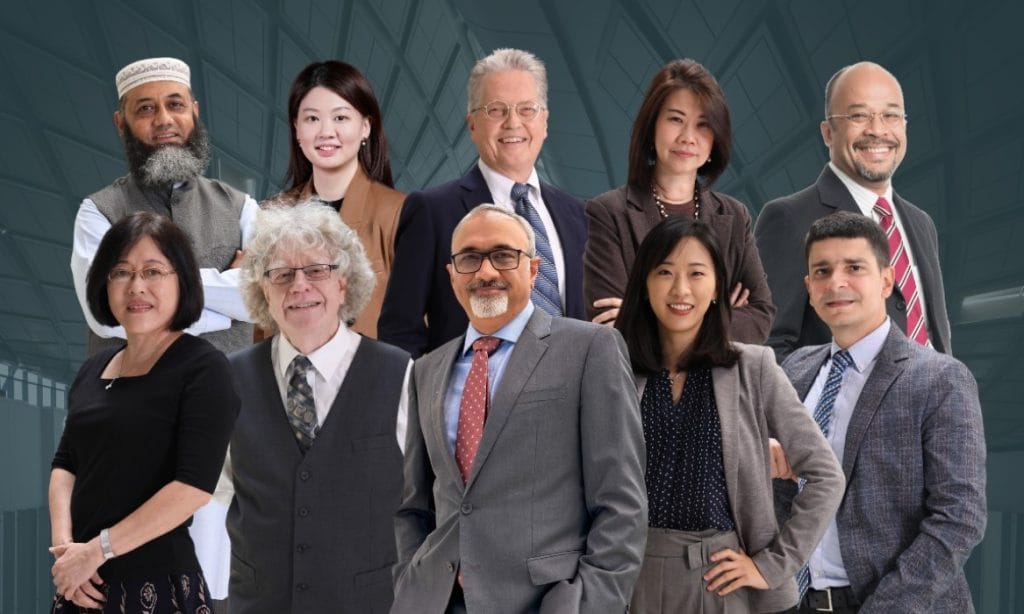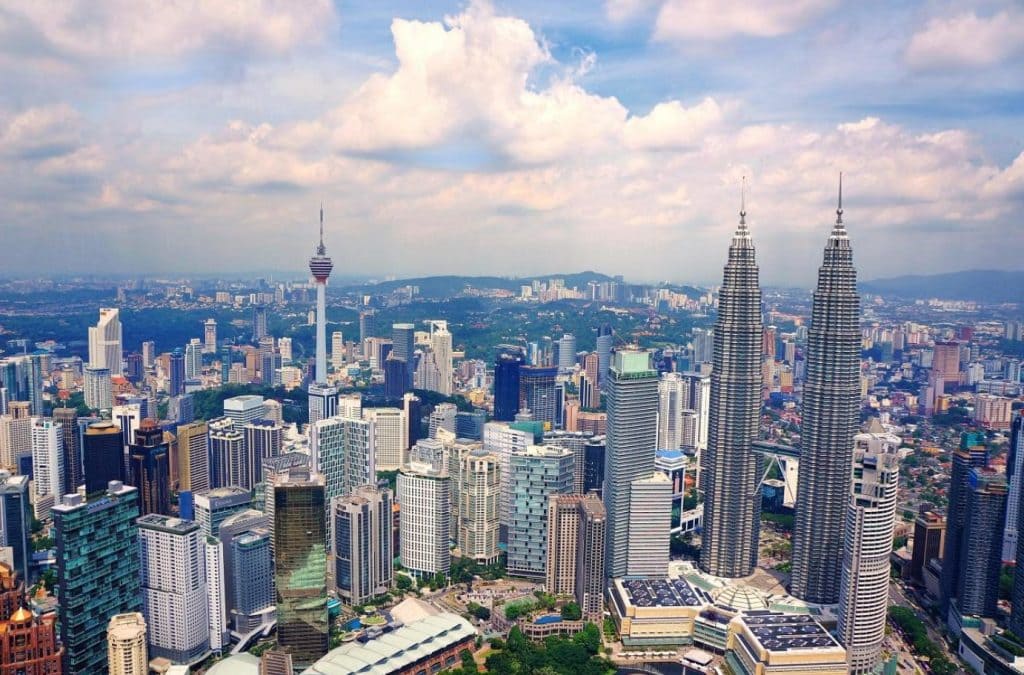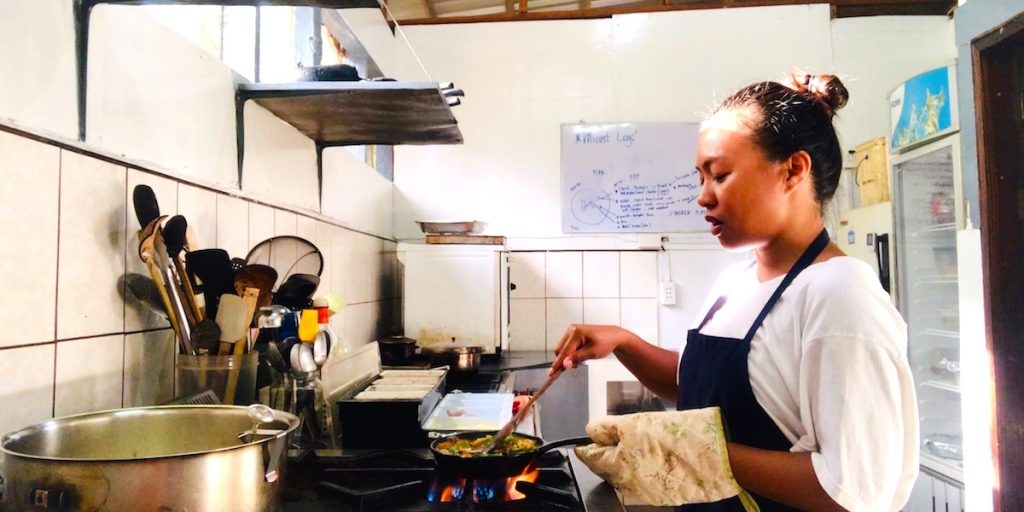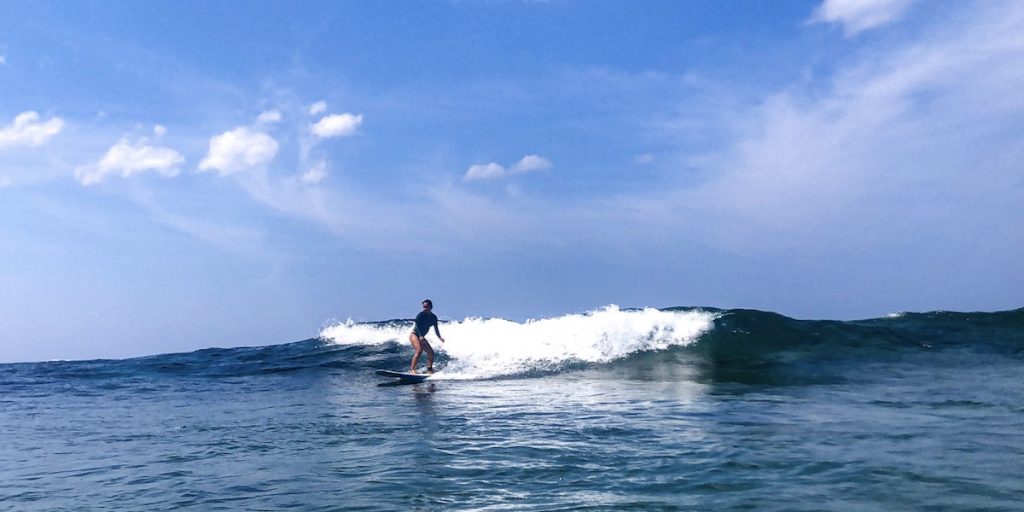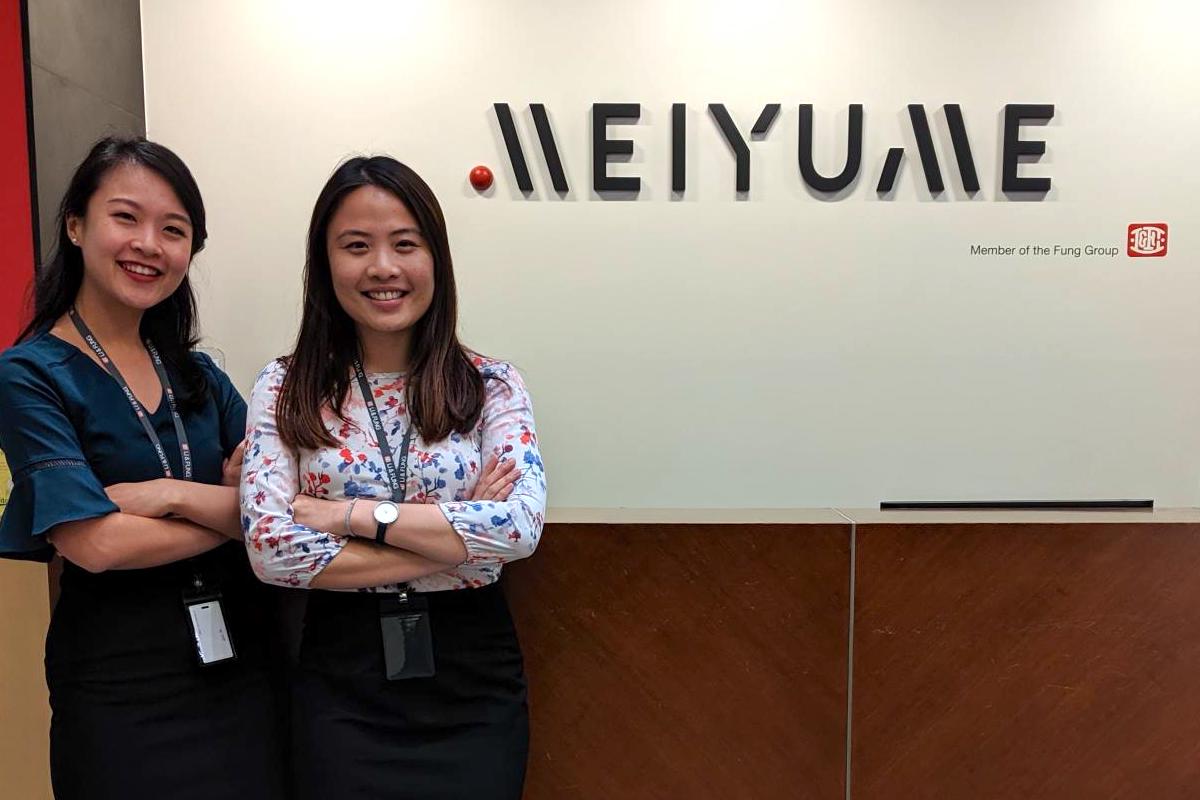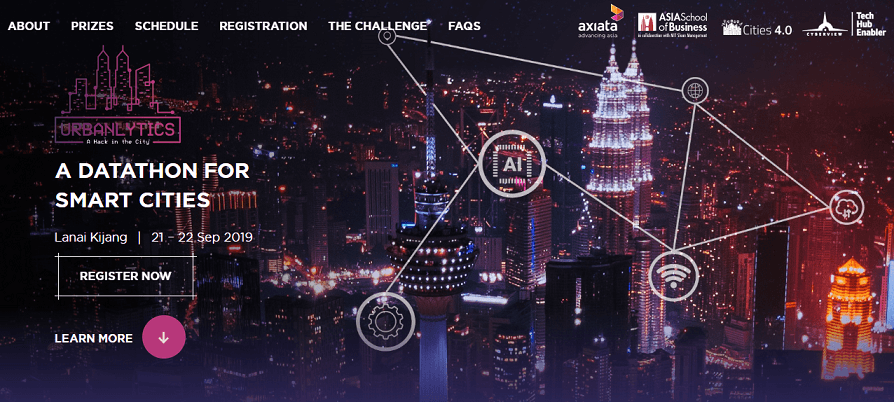This summer, instead of choosing to be stuck in an office, I decided to develop a business plan for an eco-sustainable lodge for surfers on one of the islands in the Philippines. Asia School of Business (ASB) allows us to customize our Summer Associate Program experience. Depending on our career goals, we can choose to explore a company or industry of interest or complete an Entrepreneurship Track to research and pursue a business idea.
In the Entrepreneurship Track, we have access to faculty advisers and business coaches to guide us through our projects. I realized this was a perfect opportunity for me to focus on one of my career goals, which is to build my own eco-lodge on an island that provides opportunities for surfing and diving. The past three months has been both the most fun and the toughest time for me. Being your own boss is not an easy job.
No one will force you to work or give you deadlines, so a lot of self-determination and patience is needed to get things done. All in all, this experience taught me a lot about how I work and connect with my environment. My Entrepreneurship Track had two phases, both of which required me to stay on an island and immerse myself in island living. The goal of the first phase was to understand eco-resort operations and learn how a resort works from an owner’s perspective, so I worked in an eco-lodge similar to the one I want to build.
The second phase took place on another island where I plan to build the business. There, I spent several weeks understanding the market landscape and potential customers. For a month and a half, I stayed in Camiguin, the second smallest island in the Philippines and known as the “Island Born of Fire.” The island has seven volcanoes, two of which are active.
It boasts amazing rivers and waterfalls, with at least 31 marine protected areas, making it one of the best islands for diving in the country. There, I worked with Kurma Eco-Lodge, a mid-size lodge popular for its freediving services as well as the Kurma Kitchen, which serves local, fresh and handmade food. The lodge employees strive to adopt sustainability practices, which is why I wanted to learn from them.
Learning the ropes
Before running my own eco-lodging business, I needed to know how each department worked. At Kurma, I worked in different departments every week, from booking and reception to guest services and resort management. I learned how to use their booking system, take orders from guests, cook (which, by the way, is one of my favorite tasks), clean rooms before guest arrivals, and build connections and good rapport with the staff and crew.
Through this immersion, I was able to discuss ideas and brainstorm with the owner to learn more about managing a business. In-between meetings, we went freediving and exploring hidden waterfalls and rivers.One of the most interesting conversations I had was during breakfast with the owner of Kurma. I discussed with him different ways to maximize their profit. He replied, “While the ideas are good, I don’t want to just maximize profit.
I have a small business. I don’t want it to be a corporation. I built this so I can sustainably live on the island while contributing to the community and economy. I just need enough.” This got me thinking about the philosophy of eco-tourism. What if the notion of “just enough” is key to opening up alternative ways of doing business, especially in markets that depend so much on fragile marine ecosystems?
How do you maximize profit for businesses while making sure they are sustainable? Do we really need big corporations, hotels, and resorts on small islands? These thoughts are still brewing in my head. I’m still trying to find answers. My Summer Associate Program also taught me the difference between small and big businesses, and that some strategies will work in one but not in the other. For example, successful small businesses thrive on personal relationships and a strong sense of community.
Their sales largely depend on word of mouth and referrals. This was interesting because, though these are more traditional marketing channels, they still drive the lodge’s occupancy rate and restaurant revenue. In between Kurma work, I began research on my business concept. By doing preliminary interviews with selected surfers, I was able to gather information on who to talk to, where to go, and what to do when I reached my next island destination.
Adopting the customer’s perspective
After leaving Camiguin, I spent two weeks in Siargao, a tear-drop shaped island in Northern Mindanao, Philippines. It is known for its world-class waves and, in 2019, was named “the world’s best island” by Condé Nast Traveler. In this research phase, I adopted the perspective of an eco-resort customer to understand the pain points and trigger factors involved in choosing a lodging on an island.
Through ASB’s Action Learning Program, I learned the importance of immersing myself in my work, in this case with my target market. Being a participant instead of an observer allowed me to empathize with potential customers and island business owners. For two weeks, I did what the other surfers did. I woke up at 5:00 AM to catch the sunrise and surf, then ate breakfast. I was able to discover less well-known surf spots with good waves by making friends with the local guides.
Before I knew it, I ended up talking to other popular local and guest surfers, as well as business owners of hostels and restaurants on the island. For me, this was the best way to network, to identify the right places and times to have organic conversations. The interviews and immersions allowed me to put myself in situations that gave me deep insights about the market. By the end of my stay, I was able to get the first-hand data I needed to complete half of my business plan.
Pulling it all together
At ASB, I took courses in Entrepreneurial Strategy and Disciplined Entrepreneurship. The latter course included a workbook detailing the 24 steps to build a successful start-up. I decided to use this approach for my business plan, as each step encouraged me to make difficult choices that ultimately helped make the business idea clearer and stronger. It’s also an unconventional way of building a conventional business.
I must admit, at the start of my summer, I was overwhelmed with all of the questions the workbook was asking. After my 2-month journey, I found myself excited to complete each step. By the end of the summer, I fell in love with the idea of living on an island. It has its pros and cons, but having constant access to beautiful beaches and mountains is that most of us can only dream of.
I also felt a protective urge toward these islands, and understood why locals are wary of the growth of tourism and development. The island is their home. I was a visitor. As a business owner, I want to remind myself of this experience, to see the island as a home and to never forget to treat it as my own.

